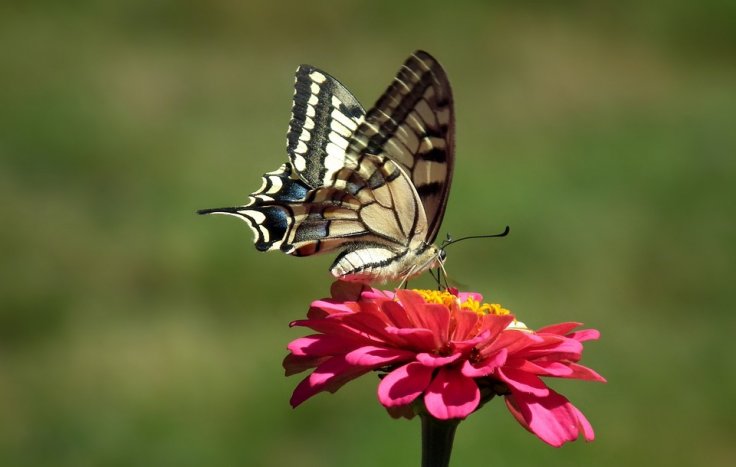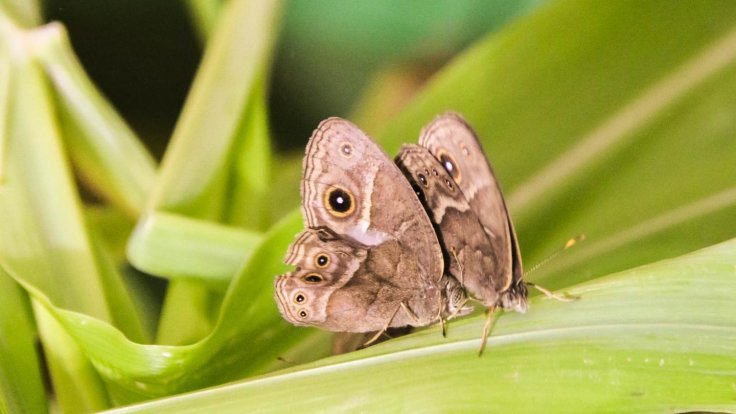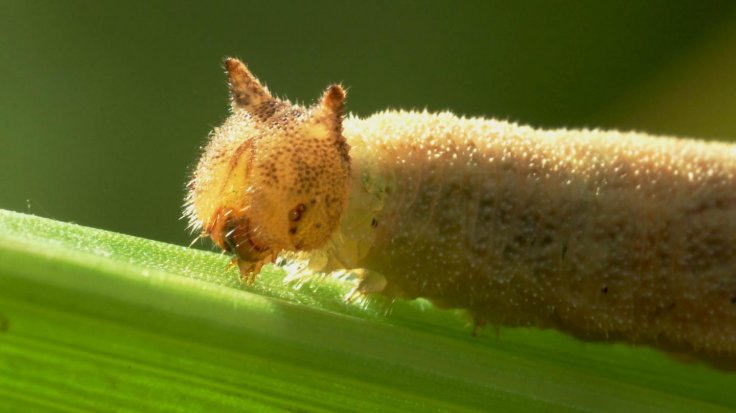It's not new that physical characteristics are passed on to the offspring but a new study by National university of Singapore has shown how the inheritance of acquired traits like sniffing a scent also happens in butterflies, especially in the bush brown butterfly Bicyclus anynana.
Earlier studies have established that offspring of rats and tiny worms inherit behaviours that were acquired by their parents. The teams under NUS Associate Professor Antónia Monteiro and also Yale-NUS College, showed that both Bicyclus anynana caterpillars and adult butterflies can learn to prefer new odours if they are exposed to them during their development or early in life.

The researchers also found that the offspring of the exposed caterpillars and butterflies show the same new preferences as their parents, even though they were not exposed themselves, indicating that their parents have passed their new acquired preferences to their children. The findings of the two studies were published online in the scientific journals Evolution in October 2019 and Nature Communications in January 2020.

Butterlies passed on sniffing traits to offsprings
In the study that was published in Evolution, NUS doctoral student V. Gowri, research fellow Dr Emilie Dion, and their team exposed caterpillars and butterflies to new odours they typically do not experience in their natural environment. In the experiments, caterpillars were fed with corn leaves, cated with banana or with mango essence. Most of these caterpillars preferred to eat leaves with the fruit essence after only a few days of exposure.

In the second study, which was published in Nature Communications, Dr Dion and her collaborators exposed young female butterflies to new sex pheromone blends, a perfume produced by males to entice females to mate with them. The results showed that the exposed females later preferred to mate with males having the new pheromone blend.
Runs through more than one generation
The results revealed that the new generation also exhibited the same preference for the new food odours, although they were never exposed to these odours themselves, hence they inherited the trait acquired by their parents.
"We are now investigating whether this behavioural transmission is maintained for more than one generation, and also probing the underlying molecular mechanisms in our model species, as these remain some of the most exciting unanswered questions in the field of evolutionary biology," said Monteiro.









